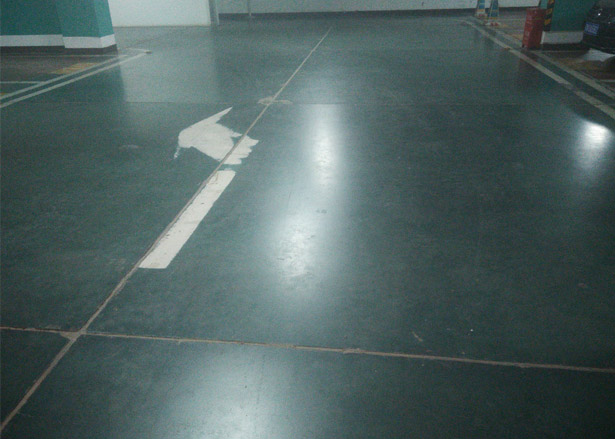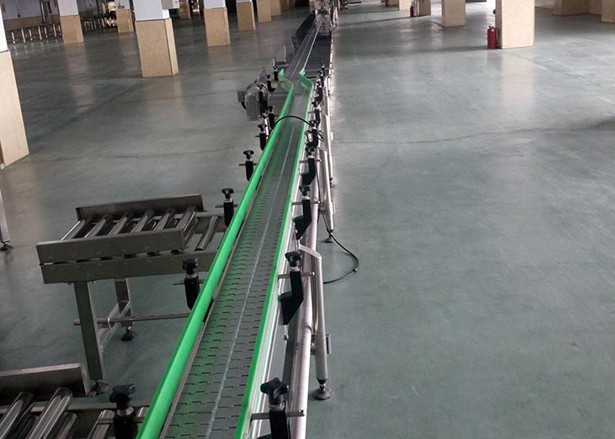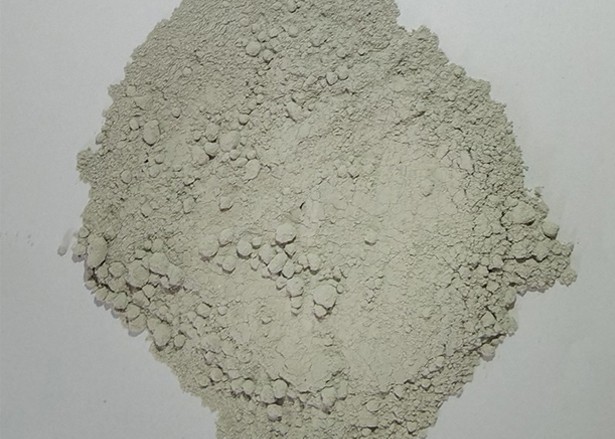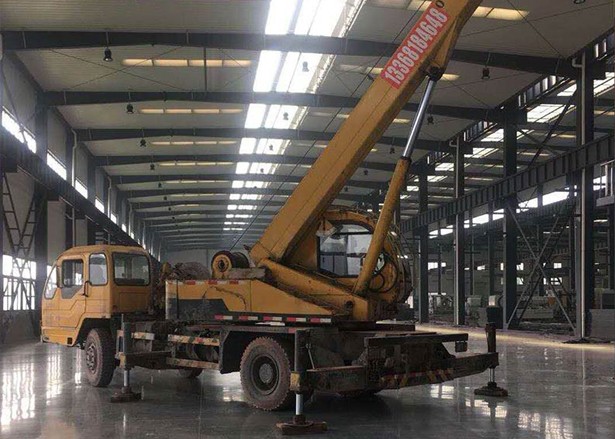Iron powder for thermal spraying is a specialized material widely utilized in surface engineering, offering a solution for enhancing the mechanical, thermal, and chemical properties of various substrates. Thermal spraying itself is a versatile technique that involves the deposition of molten or semi-molten particles onto a surface, creating a robust coating that can significantly extend the lifespan and performance of components in various industries, including aerospace, automotive, and manufacturing.
The production of iron powder for thermal spraying typically involves high-purity iron that can be atomized or reduced to achieve a fine particle size conducive to effective spraying. These powders are characterized by their uniformity and controlled morphology, factors that significantly impact the coating's adhesion, density, and overall quality. The importance of using high-quality iron powder in thermal spraying cannot be overstated, as impurities or inconsistencies can lead to suboptimal coating results, which may affect performance and durability.
In terms of expertise, experts in materials science and engineering emphasize the significance of selecting the appropriate iron powder grade for specific applications. The choice of powder influences the thermal conductivity, wear resistance, and corrosion protection properties of the final coating. For instance, finer powders may result in smoother surfaces, while coarser powders could enhance surface roughness but improve certain mechanical properties.
Experience in thermal spraying processes, including plasma spraying, flame spraying, and HVOF (High Velocity Oxygen Fuel), demonstrates that different spraying techniques can yield varied outcomes based on the characteristics of the iron powder used. Additionally, practitioners often note the need for precise control over parameters such as particle temperature, velocity, and deposition angle to achieve optimum results.
Authoritatively, numerous studies and industry reports highlight the significant role of iron powder in various applications, such as machinery parts where wear and corrosion resistance are critical. Its adaptability and efficacy in coating technologies have made it a preferred choice among engineers and manufacturers aiming to enhance performance and longevity of their products.
In conclusion, the role of iron powder for thermal spraying is integral to modern manufacturing processes. By providing superior surface characteristics through advanced thermal spraying techniques, this material not only meets but often exceeds the demands of contemporary industrial applications. Whether in protecting critical components from wear or enhancing their functional properties, the effective use of iron powder signifies the advancements in material engineering and surface treatment technologies, emphasizing its relevance in today's high-tech world.
Show More >>
PRODUCTS
You are welcome to contact us at any time, please write the message here and we will reply you in 24 houre. thanks foryour support.



